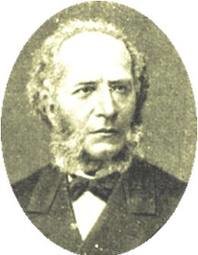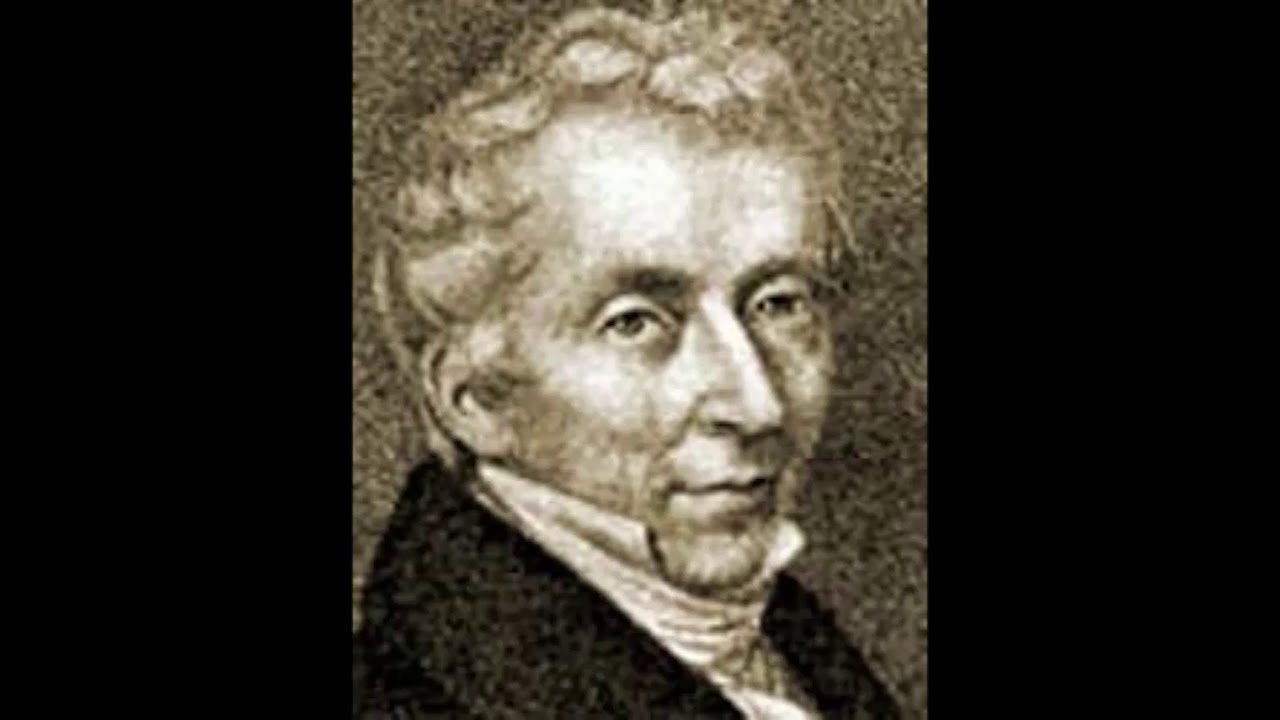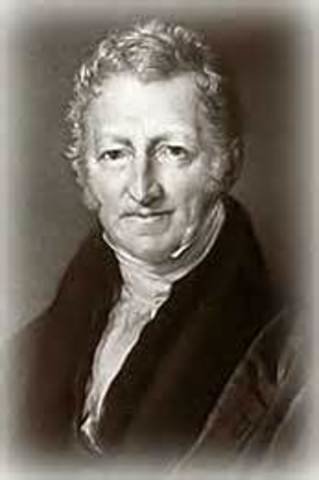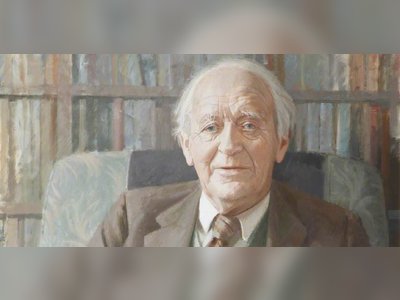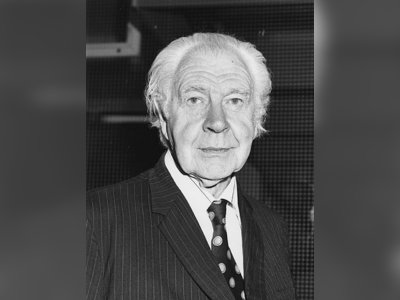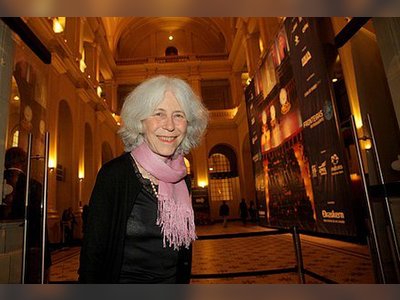British Heritage
Remember, Cherish, Learn.
beta
Thomas Mun "Export more than you Import" 1620
Contribution of Thomas Mun to British Heritage.
Sir Thomas Mun, an English writer on economics and a prominent figure during the economic depression of 1620, made significant contributions to British heritage through his writings and service to the East India Company. Born on June 17, 1571, to a prosperous London family, Mun's early exposure to matters pertaining to currency and economy set the stage for his future achievements. He engaged in Mediterranean trade, particularly with Italy and the Middle East, and became a successful merchant, amassing considerable wealth.
In 1615, Mun was elected as the director of the East India Company, a trading business established to explore new territories and pursue trade with the East Indies. His mission was to maximize the company's wealth and increase exports, thus bolstering England's economic stability. However, by 1620, England faced an economic crisis due to a negative balance of trade with India and the exportation of precious metals, causing public discontent and economic downturn.
Amidst these challenges, Mun emerged as a key figure in defending the East India Company's practices and regaining the nation's economic prosperity. In 1621, he published "A Discourse of Trade from England unto the East Indies," a work that sought to defend the ethics of the company and refute accusations that it was responsible for the shortage of silver and the economic slump. Mun argued convincingly that the company's practices indirectly benefited the economy by generating profits from re-exports and promoting the growth of the shipping industry and employment of dock workers.
His brilliant defense succeeded in salvaging the company's reputation and earned him a place on the Standing Commission on Trade in 1622. Mun's role on the commission was to provide recommendations to the government regarding British economic policy.
Mun's most renowned work, "England's Treasure by Foreign Trade or the Balance of Foreign Trade is the Rule of Our Treasure," was written between 1620 and 1630 but published posthumously in 1664. Influenced by his experiences as a merchant and director of the East India Company, the book challenged arguments made by Gerard de Malynes and Edward Misselden regarding foreign trade. Mun rejected the notion of a fixed exchange rate, proposing instead that England should focus on exporting more than it imported, thereby increasing the nation's wealth.
While "England's Treasure" is often seen as an optimistic view of trade, it also criticized the British for lacking qualities that led to the prosperity of the Dutch, such as a strong work ethic, restraint from conspicuous consumption, and a vigorous trade regimen.
Thomas Mun's ideas on economics, particularly his advocacy for achieving a positive balance of trade and prioritizing foreign trade to increase a nation's wealth, earned him a lasting legacy in economic theory. He is considered one of the last early mercantilists and a sophisticated thinker of his time. His writings significantly influenced British economic policies during his era and continue to be studied by economists and historians.
Mun's service as the director of the East India Company and his contributions to defending the company's practices showcased his dedication to England's economic prosperity. His work within the Standing Commission on Trade further solidified his impact on shaping British economic policies.
Today, Sir Thomas Mun stands as a crucial figure in British economic history, with his ideas and principles continuing to be studied and analyzed for their relevance and applicability in modern economic contexts. His role in promoting foreign trade and ensuring a positive balance of trade remains a subject of interest and admiration, making him a significant part of British heritage and economic thought.
In 1615, Mun was elected as the director of the East India Company, a trading business established to explore new territories and pursue trade with the East Indies. His mission was to maximize the company's wealth and increase exports, thus bolstering England's economic stability. However, by 1620, England faced an economic crisis due to a negative balance of trade with India and the exportation of precious metals, causing public discontent and economic downturn.
Amidst these challenges, Mun emerged as a key figure in defending the East India Company's practices and regaining the nation's economic prosperity. In 1621, he published "A Discourse of Trade from England unto the East Indies," a work that sought to defend the ethics of the company and refute accusations that it was responsible for the shortage of silver and the economic slump. Mun argued convincingly that the company's practices indirectly benefited the economy by generating profits from re-exports and promoting the growth of the shipping industry and employment of dock workers.
His brilliant defense succeeded in salvaging the company's reputation and earned him a place on the Standing Commission on Trade in 1622. Mun's role on the commission was to provide recommendations to the government regarding British economic policy.
Mun's most renowned work, "England's Treasure by Foreign Trade or the Balance of Foreign Trade is the Rule of Our Treasure," was written between 1620 and 1630 but published posthumously in 1664. Influenced by his experiences as a merchant and director of the East India Company, the book challenged arguments made by Gerard de Malynes and Edward Misselden regarding foreign trade. Mun rejected the notion of a fixed exchange rate, proposing instead that England should focus on exporting more than it imported, thereby increasing the nation's wealth.
While "England's Treasure" is often seen as an optimistic view of trade, it also criticized the British for lacking qualities that led to the prosperity of the Dutch, such as a strong work ethic, restraint from conspicuous consumption, and a vigorous trade regimen.
Legacy and Impact
Thomas Mun's ideas on economics, particularly his advocacy for achieving a positive balance of trade and prioritizing foreign trade to increase a nation's wealth, earned him a lasting legacy in economic theory. He is considered one of the last early mercantilists and a sophisticated thinker of his time. His writings significantly influenced British economic policies during his era and continue to be studied by economists and historians.
Mun's service as the director of the East India Company and his contributions to defending the company's practices showcased his dedication to England's economic prosperity. His work within the Standing Commission on Trade further solidified his impact on shaping British economic policies.
Today, Sir Thomas Mun stands as a crucial figure in British economic history, with his ideas and principles continuing to be studied and analyzed for their relevance and applicability in modern economic contexts. His role in promoting foreign trade and ensuring a positive balance of trade remains a subject of interest and admiration, making him a significant part of British heritage and economic thought.
- Thomas Munen.wikipedia.org
